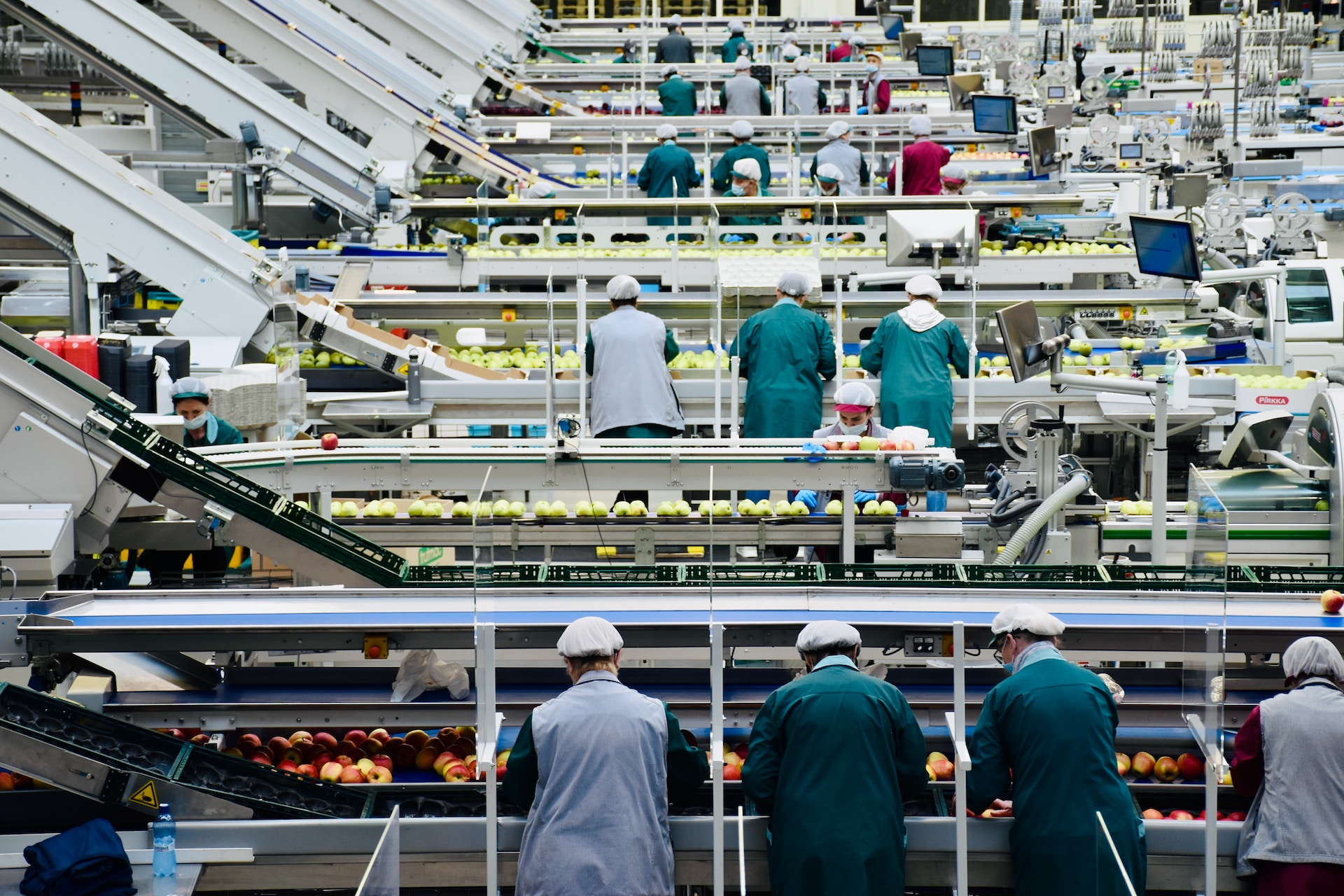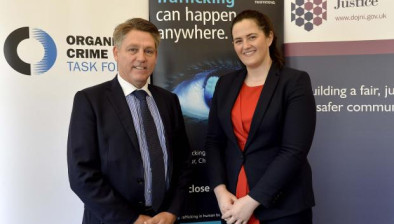UK government urged to bolster anti-slavery regulations as submissions wane

Efforts by businesses to combat modern-day slavery are stagnating, according to an analysis of UK government data by The Chartered Institute of Procurement & Supply (CIPS), with the number of modern slavery statements submitted to the government registry for 2022 trailing markedly.
The CIPS findings indicate that larger organisations are losing momentum in addressing slavery in supply chains, engaging with government reporting mechanisms, and being transparent about their actions, despite clear regulatory and ethical obligations.
Section 54 of the UK’s Modern Slavery Act 2015 mandates in-scope organisations, those with a turnover exceeding £36 million a year, to publish an annual statement outlining the steps they are taking to combat slavery in supply chains. These organisations are also “strongly encouraged” to submit their statements to the Home Office’s modern slavery statement registry, which was established in March 2021.
Analysis of the registry by CIPS reveals that 29 per cent of organisations falling within scope of the Modern Slavery Act have yet to submit their slavery statements to the 2022 registry.
Analysis of the number of submissions to the government registry suggests that businesses may be deprioritising the submission of their slavery statement. As of February 2023, 2022 submissions were trailing by 46 per cent, recording just 8,074 statements — compared to 15,0193 contained within the 2021 registry, which itself only began accepting submissions in March 2021.
Companies do have a grace period of six-months from their year-end to produce the previous year’s statement; however, there remains a lack of clarity from government and amongst organisations as to when companies should be submitting their statements to the registry. The current gulf in submissions could suggest that without greater impetus from government, organisations will not go to the effort of submitting their modern slavery statements to the registry, where they can be scrutinised by the public.
David Taylor, chief operating officer at CIPS, said: “It is an open secret that vulnerable adults and children are exploited every day to produce the goods and services we consume. They may be many hundreds of miles away, working many tiers down our supply chain but, as professionals and consumers, they are still our responsibility.
“Organisations are facing enormous pressures across their supply chains and, in these circumstances, it might be tempting to turn a blind eye to modern slavery and prioritise other challenges. But it is precisely during times of economic hardship that we must be vigilant and keep up our efforts to tackle this issue.”
In addition, almost a quarter of statements submitted lacked basic information about the steps being taken to tackle modern day slavery, with 23 per cent failing to outline any measurable goals.
A lack of detail and clarity in slavery statements has been identified in previous research by the office of the Independent Anti-Slavery Commissioner. Analysis of 150 statements in 2021 found a significant number failed to link to the correct documents on the company’s website, broken weblinks, and several companies claiming not to have a website at all – something that further investigation found to be inaccurate.
The Modern Slavery Act 2015 does not mandate companies to submit their modern slavery statements. However, last year’s Queen’s speech promised to bolster protection for victims of trafficking and modern slavery, by making submissions to the registry mandatory for qualifying businesses. The government has said it will bring a new modern slavery bill to Parliament this year to include this.
A key role in scrutinising the legislation and organisations’ compliance with it, is the Independent Anti-Slavery Commissioner – a role that was made a legal requirement by the Modern Slavery Act 2015. Until April last year the post was held by Dame Sara Thornton. But today, almost a year later, it remains vacant.
Mr Taylor continued: “The government must appoint an Independent Anti-Slavery Commissioner to continue to drive engagement with the registry – and modern slavery legislation more broadly. This data can be a vital resource to inform government policy and support procurement strategy for all of us. Currently, it is being ignored.”
Further data from the registry shows that more than a third (35 per cent) of organisations perceived the United Kingdom as a region within their supply chain where risks of modern slavery abuses are most likely to occur, followed by China (18 per cent) and India (9 per cent).
Almost two-fifths (39 per cent) identified migrant workers as the group most likely to be at risk in these locations. This was followed by refugees (19 per cent) and children and women (both 15 per cent).











